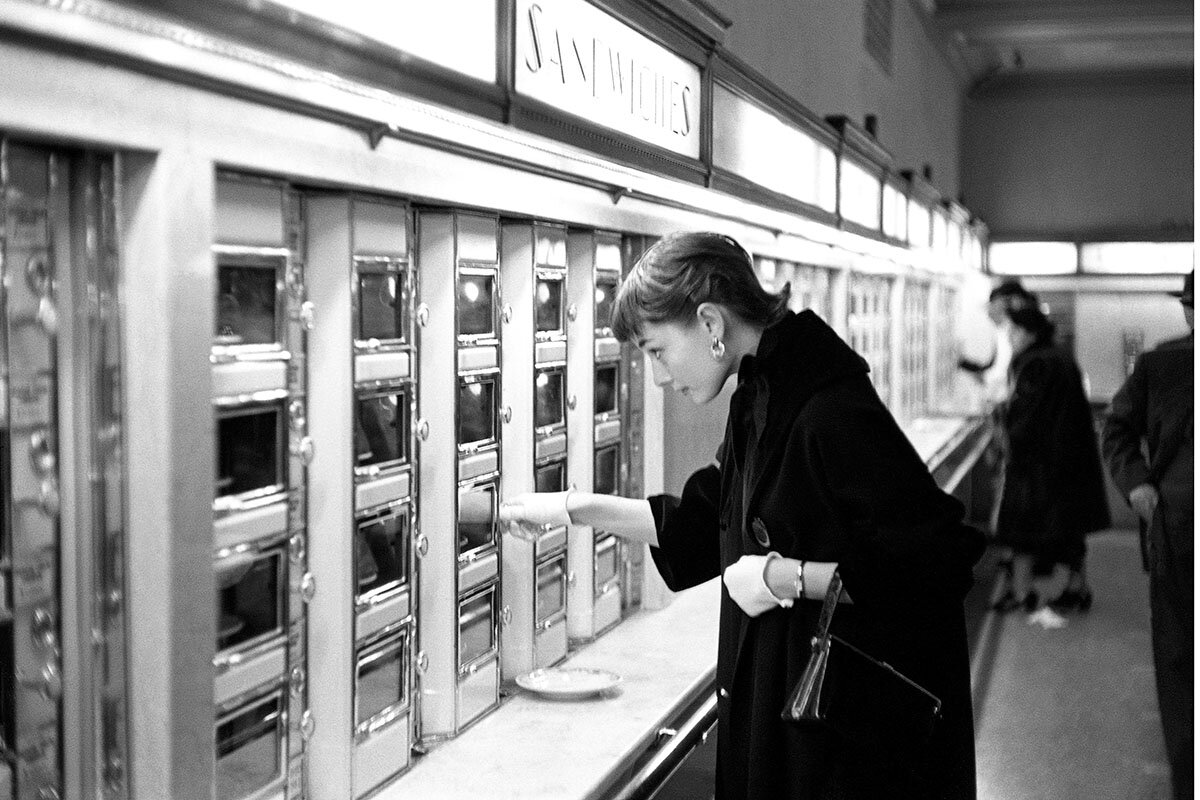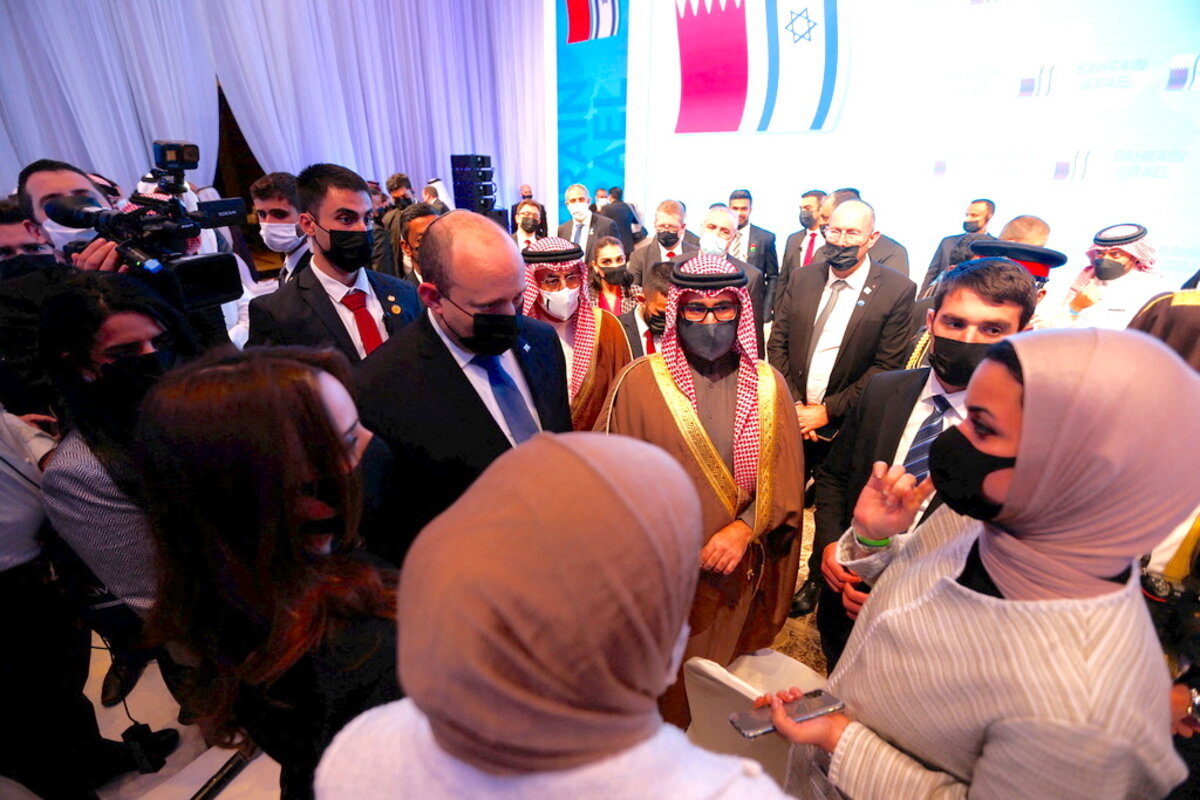The West has promised harsh sanctions against Russia should it invade Ukraine. But Russians have borne sanctions since 2014, and seem ready, mentally and economically, to do so again.
Monitor Daily Podcast
- Follow us:
- Apple Podcasts
- Spotify
- RSS Feed
- Download
 Yvonne Zipp
Yvonne Zipp
Republican Sen. Josh Hawley and former presidential candidate Andrew Yang hail from very different poles of the political spectrum.
But they agree on one thing: “The boys are not all right.”
Today’s data is stark: There seems to be a real need to help men feel a sense of community and purpose. So, how does America break free from a zero-sum political cycle? Is there a way for men to win without women having to lose hard-won rights?
Take a look at a few points from our story the other day, the first of two by Harry Bruinius looking at masculinity in crisis.
• White men accounted for 70% of suicides in the U.S. in 2019.
• Just 40% of college students are men.
• Single and divorced men are most likely to die of opioid overdoses, and the number of men who died of alcohol- and drug-related causes spiked 35% between 2019 and 2020.
In Part 2 today, Harry delves into recurring political narratives around masculinity. He found that increased rights for women in the United States aroused deep concern that men were suffering as a result – in everything from physicality to fulfilling traditional provider roles. But interestingly, those definitions have evolved over time. In an earlier era, factory jobs and middle management were painted as too soft for “real men.” Now, politicians decry the loss of those very jobs as hurting men’s prospects and standing in society.
When society is in flux, the tensions can be particularly acute.
“European Judeo-Christian culture is so patriarchal in its DNA,” says Harry. We’re a few decades into changes to a centuries-old system. “When that mental space is disrupted, it cuts deep.”
“I was thinking a lot about warrior culture and some of the hazings I endured in high school,” Harry says. The message, even through graduate school, was, “You’ve got to be tough; you’ve got to be able to handle this stuff.”
He points to men in Part 1 like weightlifter and author Ryan Castillo and Mac Scotty McGregor, founder of Positive Masculinity, who are looking for ways to help men feel a sense of freedom and expansion to be who they are. Harry sees the college students he teaches in New York seeking to break free from the concept of gender entirely to embrace what they see as a more authentic identity.
“It’s a complicated, nuanced issue,” says Harry.










